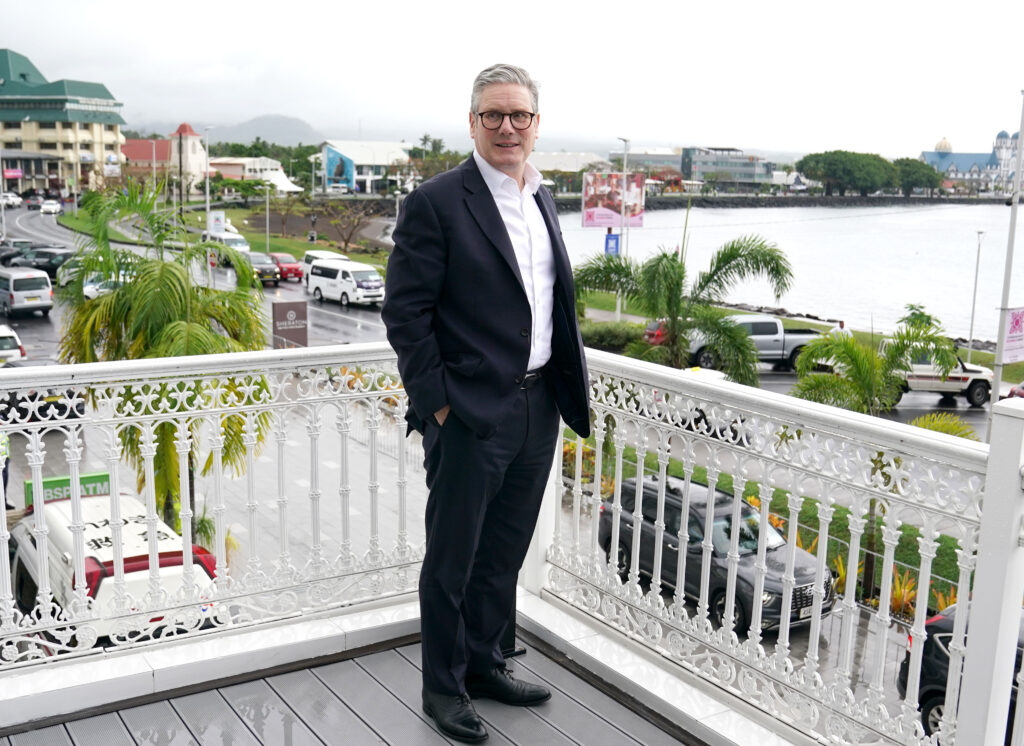“Sometimes we get hamstrung by those around us.”
Starmer told reporters on the flight to CHOGM that slavery was “abhorrent,” but “I’d rather roll up my sleeves and work with them on the current future-facing challenges than spend a lot of time on the past.”
The U.K. prime minister added: “I’ve talked to a lot of our Commonwealth colleagues in the Commonwealth family and they’re facing real challenges on things like climate in the here and now.

“And in all the conversations I’ve had with them, what they’re most interested in is — can we help them working with for example international institutions, financial institutions on the sorts of packages they need right now.”
But leaders of some Commonwealth nations have been seeking to include the issue in a communique to be agreed by the 55 attending nations on Saturday. A draft version reported by the BBC would say that, “noting calls for discussions on reparatory justice with regard to the transatlantic trade in enslaved Africans and chattel enslavement,” leaders “agreed that the time has come for a meaningful, truthful and respectful conversation towards forging a common future based on equity.”
Davis confirmed that he is seeking to have reparatory justice mentioned explicitly in the communique. He said: “Certainly. What would [the communique] be without saying something about it?”
Asked to comment on sums for reparations such as £200 billion or £18 trillion — each mooted in the past — he replied: “For me, I don’t know that money, in and of itself, could adequately compensate for the wrongs of the past. The ghost that haunts us today cannot be, in my view, dispelled by a monetary gift.”
He added: “There should be … a ‘come to Jesus’ moment, where we truly look at one another in the eye and say, ‘look, this is what happened.’”

